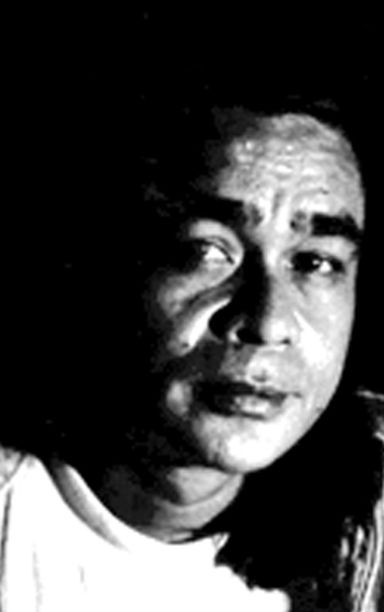
FERNANDEZ
The Kingdom of God is like a father who, from the earliest times of his family, had always brought them together to church every Sunday. But as his children grew in age, they seldom ever came with him anymore. It might be that after contemplating the conditions of the times, they decided they have become too tired for church or it could be something more elemental, something having to do with believing.
And since Pope Francis has said, “It is better to be an atheist than one of many Catholics who (he said) lead a hypocritical double life,” then we might as well look again at what it means to be atheist and then make a comparison of it to what it means to be a hypocritical Catholic. Francis himself defines the latter saying they, hypocritical Catholics, should also say: “My life is not Christian, I don’t pay my employees proper salaries, I exploit people, I do dirty business, I launder money, [I lead] a double life.”
The meaning of atheist is only a bit problematic. There is only a thin line which divides the believer from the unbeliever. Atheists cannot be accused of hypocrisy. They stand left of that thin line. They have the luxury of looking rightwards across the line at those who stand rightwards from them. Near the line stand believers who cut the edge and look leftwards also from where they are. Sometimes they look leftwards with a profound longing. They worry about themselves and those who stand rightwards from the them: the devout, the pious, the fanatical. Hidden among them are the hypocrites Pope Francis speaks of. They are Catholics who give their religion a bad name. And they have always been rampant in the church. Consider this anecdote from the time of martial law. This tale of tragic irony speaks of a priest who, after being incarcerated unjustly and then cruelly tortured, is asked one Sunday to say mass for the prison. As he dispenses the Eucharist, he sees his own torturers stand on the communion line. And yet, this made him happy.
The “double life” Francis speaks of is not at all a strange thing here. Some people go to church for the most pragmatic ends. As for instance, those who openly say they do not practice the religion and yet marry in church. A church wedding is simply the more glamorous option to being married by a judge. Beyond that, nothing more. Still, one must not judge. The earnest Catholic, though he or she may lean rightwards from the thin line by only a razor’s edge, ought not look sideways too much in the practice of his or her faith. The fact that a predominantly Catholic country such as ours can tolerate, even approve, of extrajudicial killings such as we are seeing now seems immediately clear proof of how rampant hypocritical Catholicism has become. And yet, who are we to condemn? For instance, who are we to say that congressmen who vote for the reimposition of the death penalty here should be excommunicated? Better to say, they excommunicate themselves by their vote. Let them follow the line of communion along with torturers and killers. Leave them to God and let us be happy for it.
But perhaps another contemporary parable is in order. Let it not be one from Manny Pacquiao’s Bible. Instead, let us invent it for ourselves:
Now the father believes, as he had been taught, that his fatherhood includes some priestly duties, that he must shepherd his own family to church on Sundays. But, what can he do? He cannot use force to do this. Having no other option, he lets his God shepherd him alone to church. There he asks his God for guidance. “Lord, what shall I do? Should I punish and scold my children for losing faith?”
God’s answer was quick, simple and unequivocal. His God commands him, “Guy, buy them cheese!”
And he did.